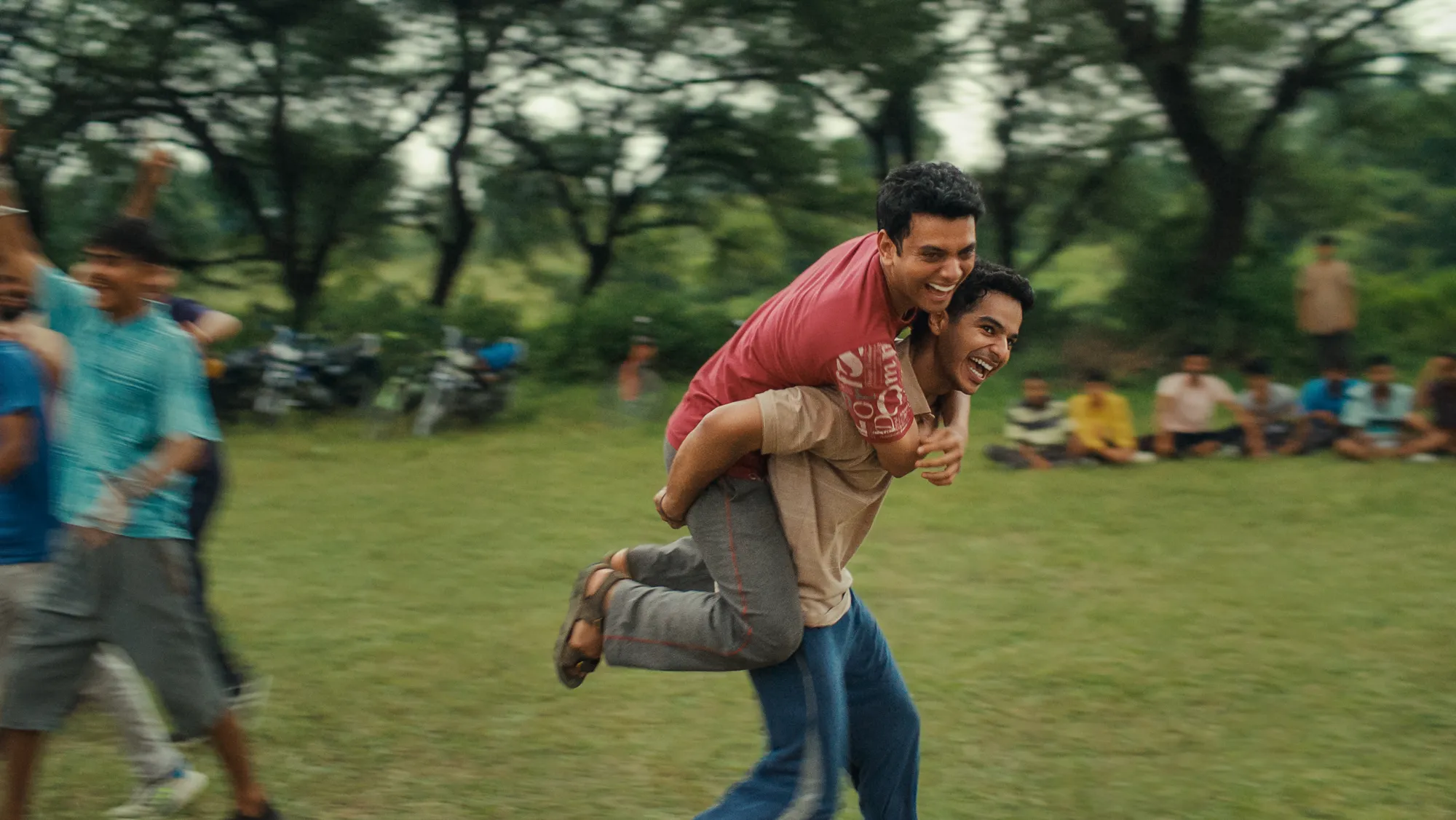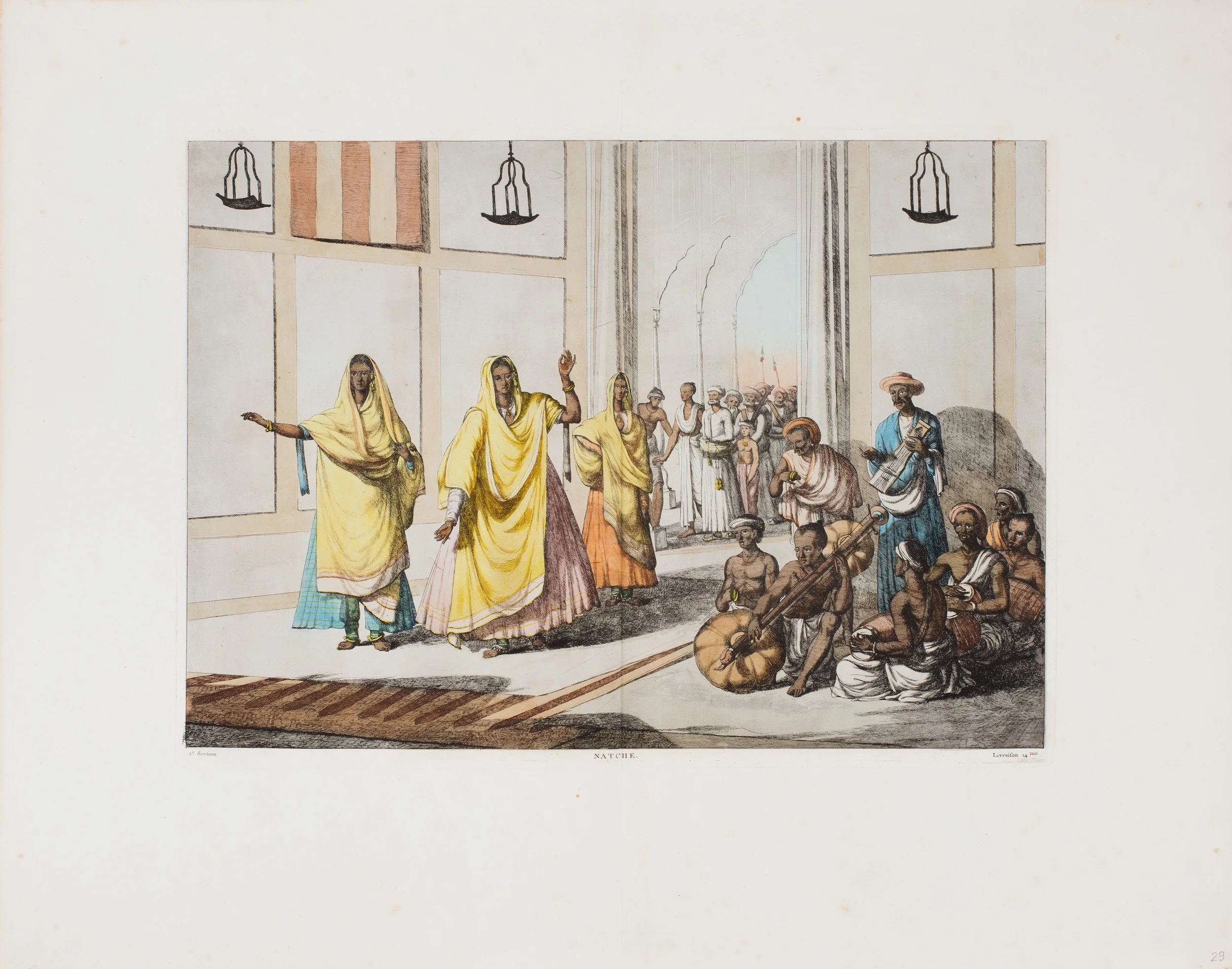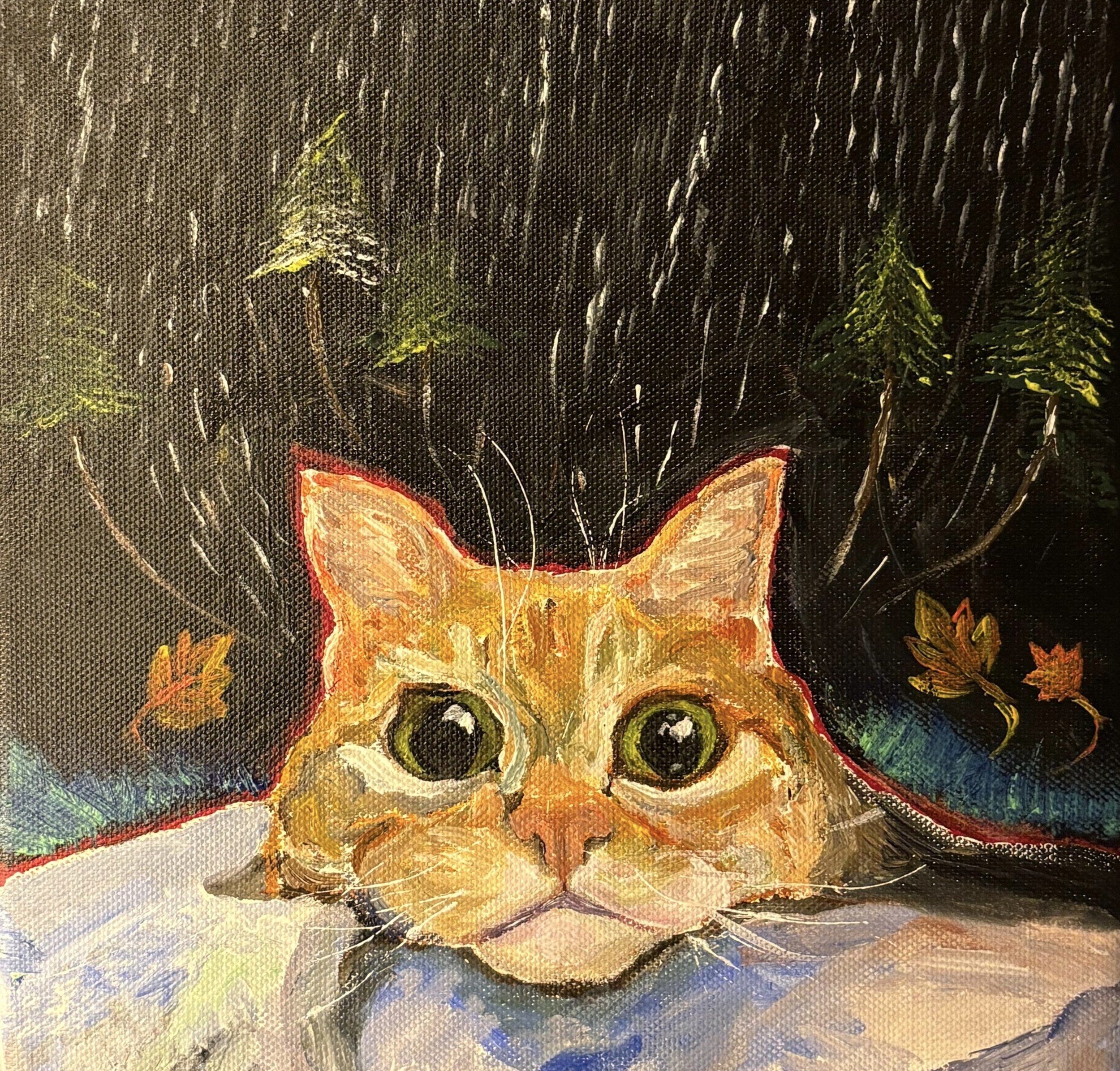HOMEBOUND, SABAR BONDA, and the Immeasurable Burden of One’s Roots
Through sensitive character studies and relationships, Homebound and Sabar Bonda pose urgent questions about migration and the life-altering distances between the metro and the village. By Sarthak Parashar
The Politics of Female Longing in Fire and “Lihaaf”
In the art of filmmaker Deepa Mehta and writer Ismat Chughtai, Farah Ahamed explores themes of patriarchy, infidelity, and a testament to the desires of women.
The Curious Case of Tripti Dimri
Tripti Dimri has become the newest face of self-made stardom, paving her professional path with roles ranging from complex feminist heroines to objectified ‘items’ for the male gaze. With her career at a tipping point, can she avoid the industry’s pitfalls and rise to the apex? By Sneha Bengani
Nothing Impure: Why misogynist taboos around menstruation continue to plague India
In religion, politics, and mainstream pop culture, there is inexplicable hypocrisy and stinging prejudice surrounding the subject of menstruation in India. It begs for more proactive activism around the same. By Nivedita Dey
Mother Supreme
With the recent restoration and re-release of Umrao Jaan (1981), Himanshi Aggarwal revisits the film from a queer lens, as Rekha’s titular character serves as an allegory for anyone forced to perform respectability in a world that denies them legitimacy.
Aurangzeb, Sambhaji, and Other Misremembered Lessons from History
Films like Chhaava have highlighted the valour of Sambhaji and the tyranny of Aurangzeb; the final word in that film, however, is less concerned with history and more with the ideology of the country’s current rulers. By Mozid Mahmud
How to Cook up a Cartel
Even with its feminist gaze, Dabba Cartel’s biggest win is how it resists baking its narrative with one-note markers of gender and social identity. The result is a batch of hungry women out to hunt—sinking their teeth in this world to devour it to their heart’s content. By Sneha Bengani
The Imitators
Bollywood has had a long history of finding “inspiration”—or barefaced plagiarism. Nivedita Dey recounts the many films, songs, and creators who imitated from the West (and more) and muses on the value of artistic originality.
‘Bandi’; Or the Words that Redefine a Woman
When a young man calls a woman a ‘bandi’ in Made in Heaven, he casts the burden of decency upon her shoulders. Kavya Maheshwari explores how the intersection of language, power, and gender in contemporary Indian society reinforces patriarchal norms.
‘Mrs.’, ‘The Great Indian Kitchen’, and the Women Who Couldn’t Choose to Walk Away
Films like Mrs., The Great Indian Kitchen, Thappad, Dor, and more sparked widespread discussion about the value our society assigns to women’s labour and agency. Sarthak Parashar writes about how the impossible choices faced under patriarchal social obligations—in reel and real life.
The Trap of the Comfort Watch
In times of stress and anxiety, why do many of us choose the familiarity of a ‘comfort watch’—of familiar shows, plotlines, and characters? Raj Darji explores a sense of loss among abundance.
The Man Who Remembers
Jaideep Ahlawat again portrays Hathi Ram Chaudhary in the second season of Paatal Lok, the haggard cop whose memory serves both as a crime-solving device and as moral code to leave no life unforgotten. By Karan Madhok














